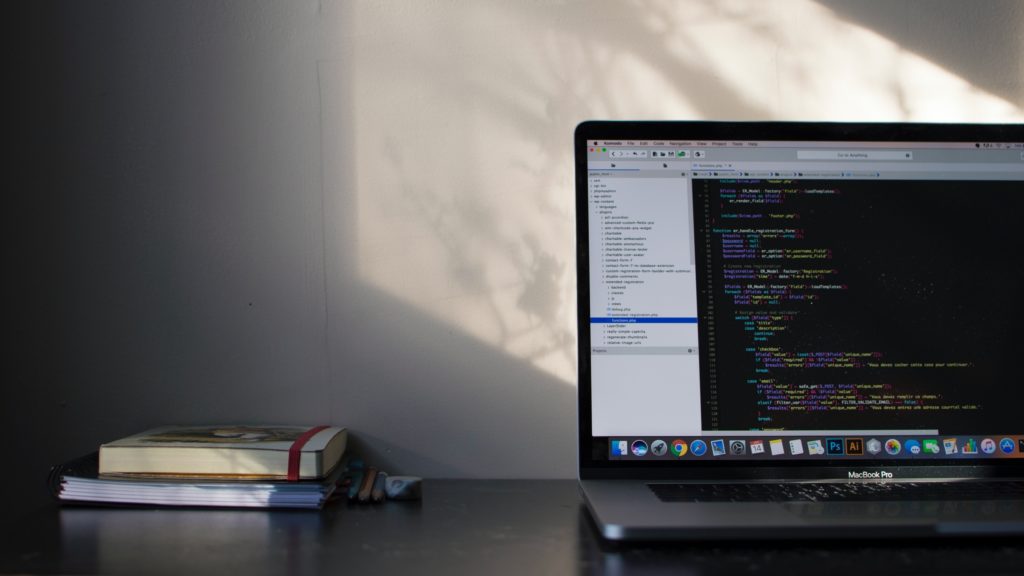on the crypto

This was a big problem, of course, and Allen tackled it head on by expanding the internship program. He usually takes only one intern under his tutelage, but this year he took 7. As the internship draws to a close, the interns' contributions to free and open-source software (FOSS) are nearing completion and will be open soon. to the public.
The Blockchain Commons: a hub for open source software
Allen founded the Blockchain Commons in 2018 in an effort to keep Bitcoin development open and distributed. Previously, he helped create the OpenSSL / TLS protocol, an encryption standard for protecting data transmitted over the Internet.
In 2014, the Heartbleed bug compromised the OpenSSL implementation of the encryption standard, which at the time handled 60% of Internet traffic (and with it, trillions of dollars of online commerce).
The defect was promptly repaired. But Allen embraced that concern and promised he wouldn't allow a single mistake to threaten the security of other software projects he works on. Then Allen “discovered” Bitcoin and founded the Blockchain Commons, a non-profit organization to do his part in keeping Bitcoin's development distributed.
What the new Bitcoin developers have created
With such a large number of interns, each one had the opportunity to work on a project of their choice under Allen's supervision, along with work on a project of the entire group. Each of these projects went into improving software in the Blockchain Commons repositories.
As a group project, the interns worked on Spotbit, a bitcoin (BTC) price feed curation software supported by Tor. Among the individual projects, we mention the Lethe Kit, a wallet that can generate seeds and addresses to receive transactions, but cannot send bitcoins via partially signed Bitcoin transactions, and the Gordian.
Gordian Server works similar to Bitcoin node dashboards like My Node by offering its users a graphical user interface (GUI) to interact with Bitcoin Core. The other piece of work on the project, Gordian Wallet, is a mobile Bitcoin wallet for iOS that can connect to the Gordian Server.
Looking to the next team of interns
Upon completion of this internship, Allen will offer another one that will begin in October and end in December. He pointed out that the latest internship hopes to attract more talent from fields adjacent to Bitcoin, not just from the IT realm.
This could mean that students studying law, librarianship or other disciplines help improve aspects of Blockchain Commons documentation. When Allen asked his students what they would tell incoming interns, one of them responded in the spirit of what can be considered the core ethics of the internship: ask lots of questions and collaborate with others whenever possible.
